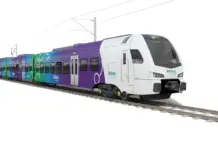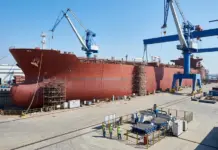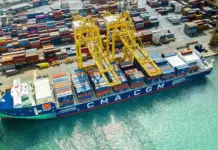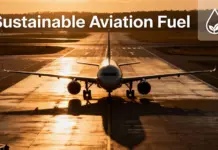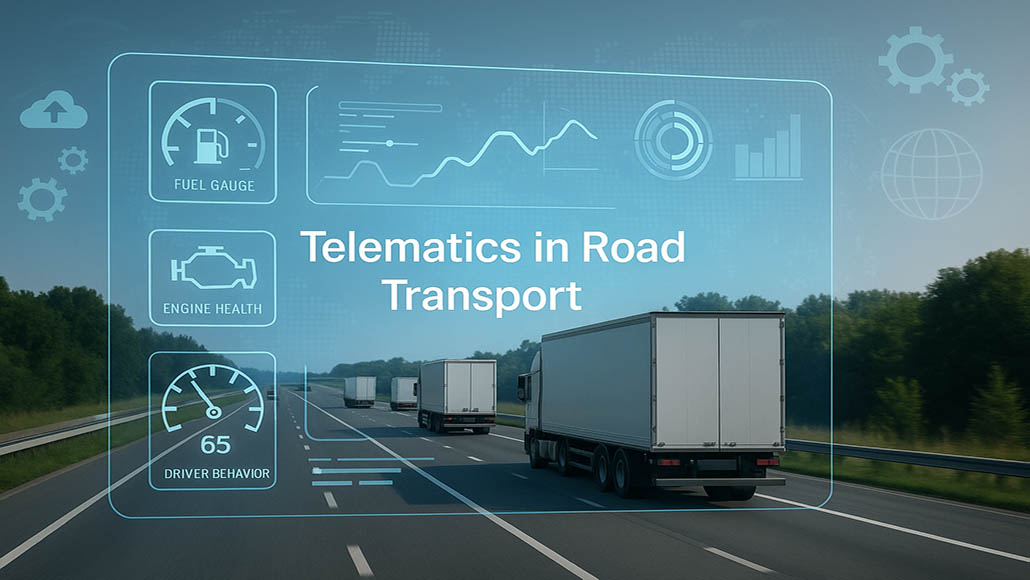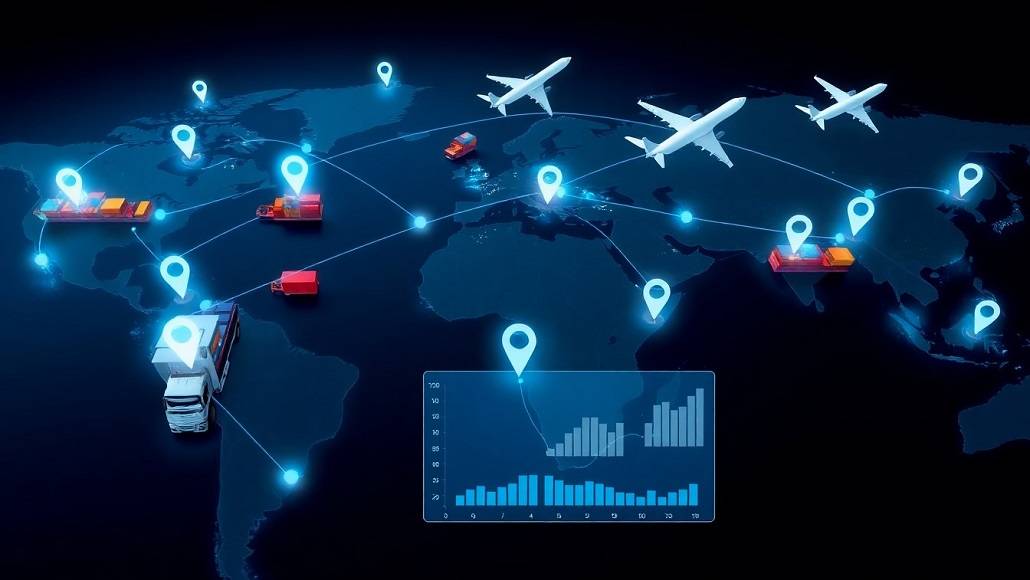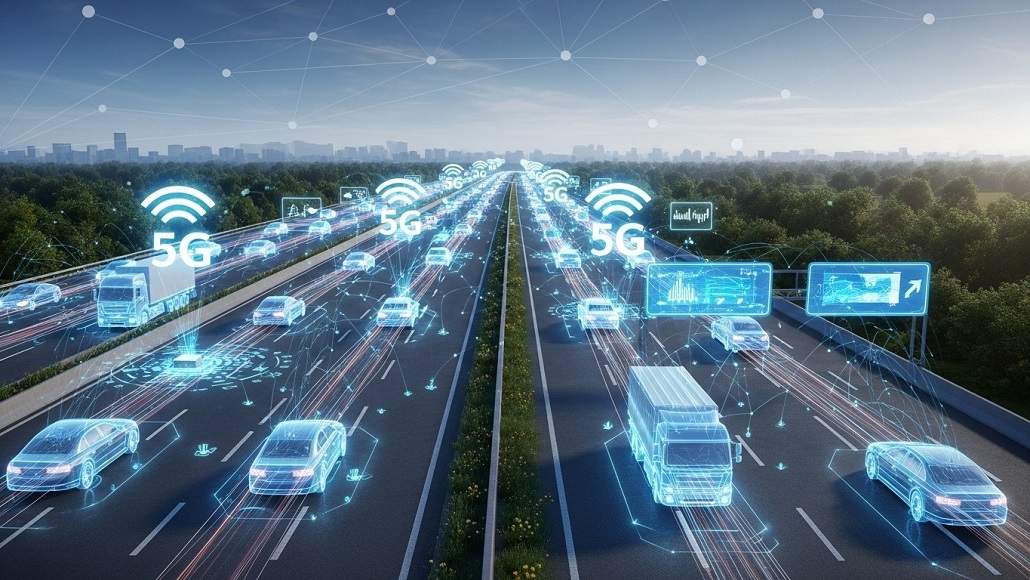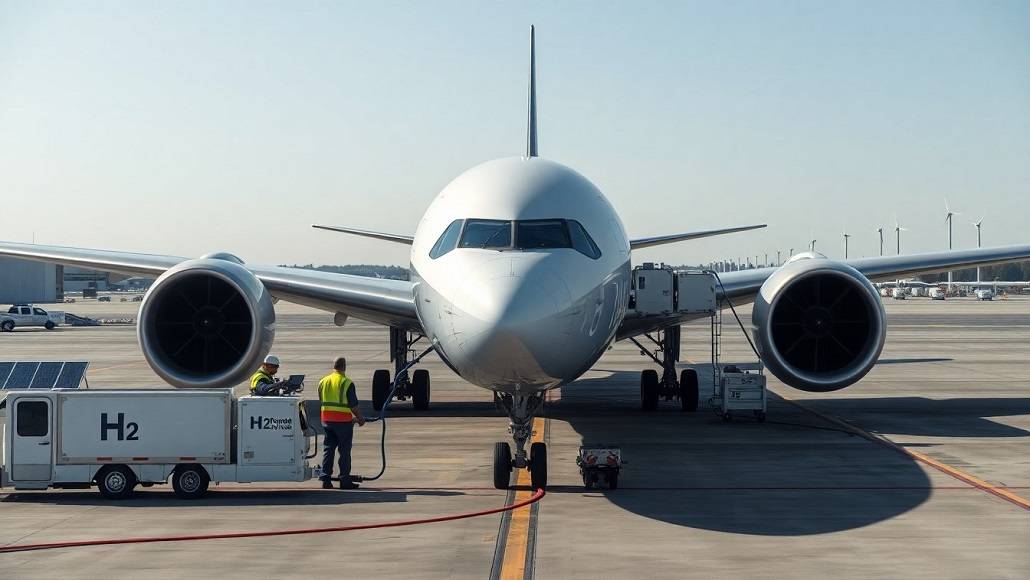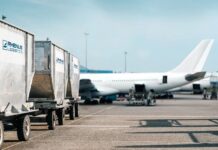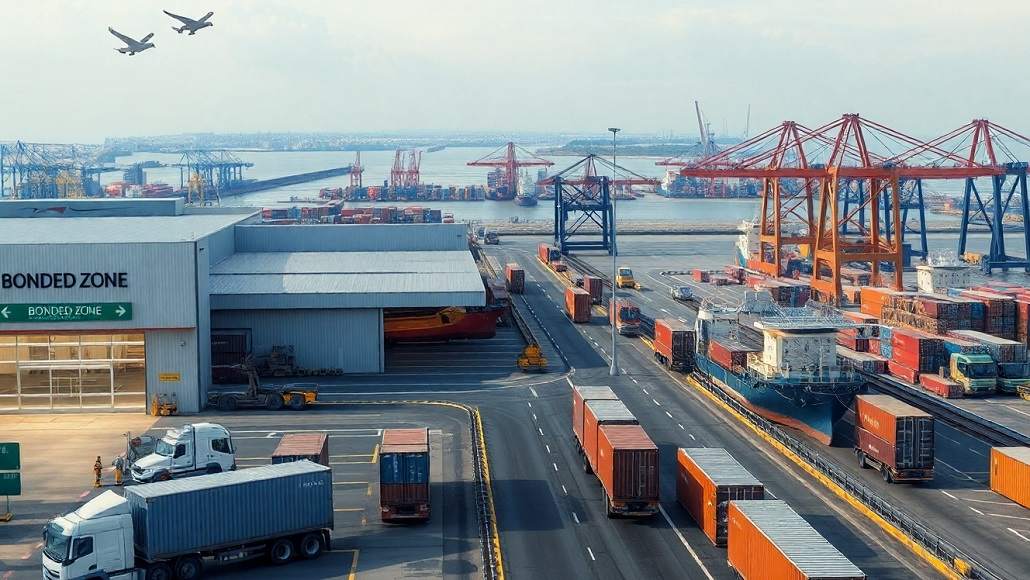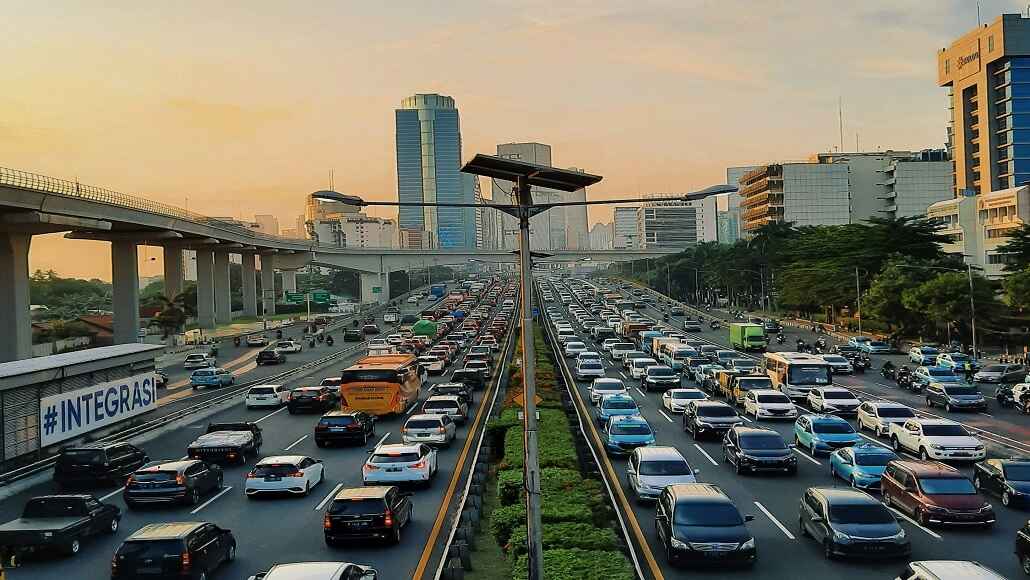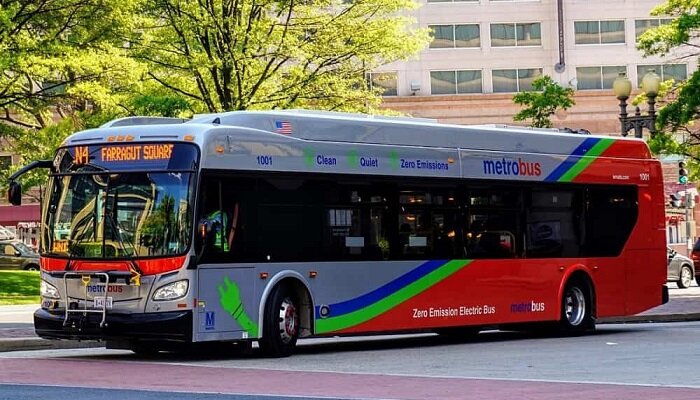It is well to be noted that meeting Canada’s ambitious net-zero emissions objective by 2050 goes on to require significant technological, behavioral, as well as systemic changes within the transportation sector, which is a major contributor to global greenhouse gas- GHG emissions. The transportation sector alone happens to be responsible for a quarter of all the GHG emissions across the world, with road transport comprising almost 80% of this figure.
As per the present trends, both energy demand and emissions from transportation are indeed expected to double by 2050, thereby indicating the requirement for a radical transformation instead of incremental enhancements.
The transition towards alternative fuel vehicles- AFVs like plug-in electric or fuel cell hydrogen, happens to be central to this transformation.
Forecasts suggest that acquiring the 2C climate target would indeed go on to require AFVs to comprise 50% of the total traffic by 2050. Furthermore, achieving the 1.5 C climate objective will need the AFV sales to reach 75% to 95% by 2030.
The commercial sector especially stands to derive advantage from the prominent GHG reductions, both financially as well as by way of the adoption of modern trucks equipped with technologies that are advanced.
Challenges as well as opportunities
The International Energy Agency- IEA goes on to estimate that GHG emissions could be decreased by 60% if new kinds of light, medium, as well as heavy freight vehicles go on to achieve widespread adoption. But the transition to AFVs, especially in the commercial spectrum, gets hindered due to numerous elements, and their adoption happens to remains limited.
In 2022, electric vehicles- EVs constituted just 1.2% of all medium- and heavy-duty truck sales, with the majority taking place in China. This dearth of adoption by trucking firms goes on to reflect a wait-and-watch approach, which is most likely due to higher upfront costs which are associated with AFVs, the dearth of e-trucks, as well as the perceived inconvenience when it comes to plug-in charging.
Technological advancements as well as the rising interest from vehicle manufacturers like Daimler, Scania, Nikola, Tesla, and Volvo when it comes to producing e-trucks have gone on to begin to address such concerns.
It is well to be noted that in 2022, there were around 290 medium- and heavy-duty vehicle models that were either manufactured or announced to be under production within North America as well as Europe. This number is just set to grow, and the overall cost of ownership in terms of electric vehicles has been decreased to below that of traditional internal combustion vehicles by way of challenging the traditional barriers to adoption.
The challenge of adequate charging infrastructure
But the fact is that insufficient charging infrastructure is indeed an obstacle. Extended charging periods as well as the effort needed to locate charging stations go on to lead to certain longer unproductive driving times, which is apparently the time not spent on-the-job as far as the trucks are concerned.
The effect of inadequate charging infrastructure on the transportation sector happens to be significant. Notably, each minute one truck spends at a charging station, either by way of waiting or perhaps charging, and every kilometre that’s traversed so as to find a charging station directly goes on to translate to decreased profits as well as higher costs. This not only affects timely deliveries as well as pickups, but at the same time also forces companies to take into account expanding their fleet so as to maintain service levels, thereby further escalating the investment costs in an industry that is fiercely competitive.
It is well to be noted that the absence of substantial investment within the public charging networks, especially outside of China, exacerbates such an issue. Moreover, even with ample public stations, firms happen to worry that queues in terms of charging could go ahead and even delay trucks, thereby increasing costs as well as lowering service quality while at the same time also complicating the transition towards green practices.
Economic viability in terms of electrification
The 7 to 10-year lifespan when it comes to heavy-duty trucks goes on to mean that many firms may as well have to make yearly decisions in terms of replacement vehicles. But firms are often deterred from shifting away from fossil fuels due to the high initial costs of e-trucks as well as the lack of an overall charging infrastructure, opting instead to stick with their existing fleets.
Apparently, it is this approach that overlooks long-term advantages as well as cost savings that happen to be associated with lower operational as well as maintenance costs of e-trucks, as well as the potential for firms so as to develop their own charging networks. As it is shown in the 2022 study, taking into account a holistic approach to address such kind of challenges could very well go on to make the transition to e-trucks viable in an economic way, thereby encouraging firms to commence replacing the traditional international combustion vehicles.
This kind of an overall approach should go on to consider the medium- to long-term evolution of technological as well as economic elements, along with the effects of charging infrastructure density as far as fleet size requirements are concerned. Firms should make sure to optimize their vehicle as well as infrastructure investment decisions at the same time by way of considering potential changes with time.
The study further demonstrates that:
1) Funding within e-trucks can be of the utmost value only when the decision-maker also goes on to invest in their own charging infra.
2) A larger battery capacity does not always happen to be the best option vis-à-vis a smaller battery capacity.
3) Enhancements in diesel engine efficiency can go on to be counterproductive in the long-run and, at the same time, can even thwart the push to acquire net-zero emission targets.
Public-private collabs
The concept when it comes to public-private partnerships also goes ahead and presents an option so as to enhance charging infrastructure. By way of collaborating with governments as well as investing in raising the charging capacity of public charging facilities, firms can go on to cut the limitations of present infrastructure and also maintain service levels sans bearing the full cost in terms of establishing as well as maintaining charging stations.
This approach goes on to benefit firms, the government, as well as the general public by way of helping build certain charging facilities. Simply put, by way of adopting a complete approach, firms cannot just achieve environmental goals but, at the same time, also realize economic advantages, thereby paving the way for a future in transportation that’s sustainable.




